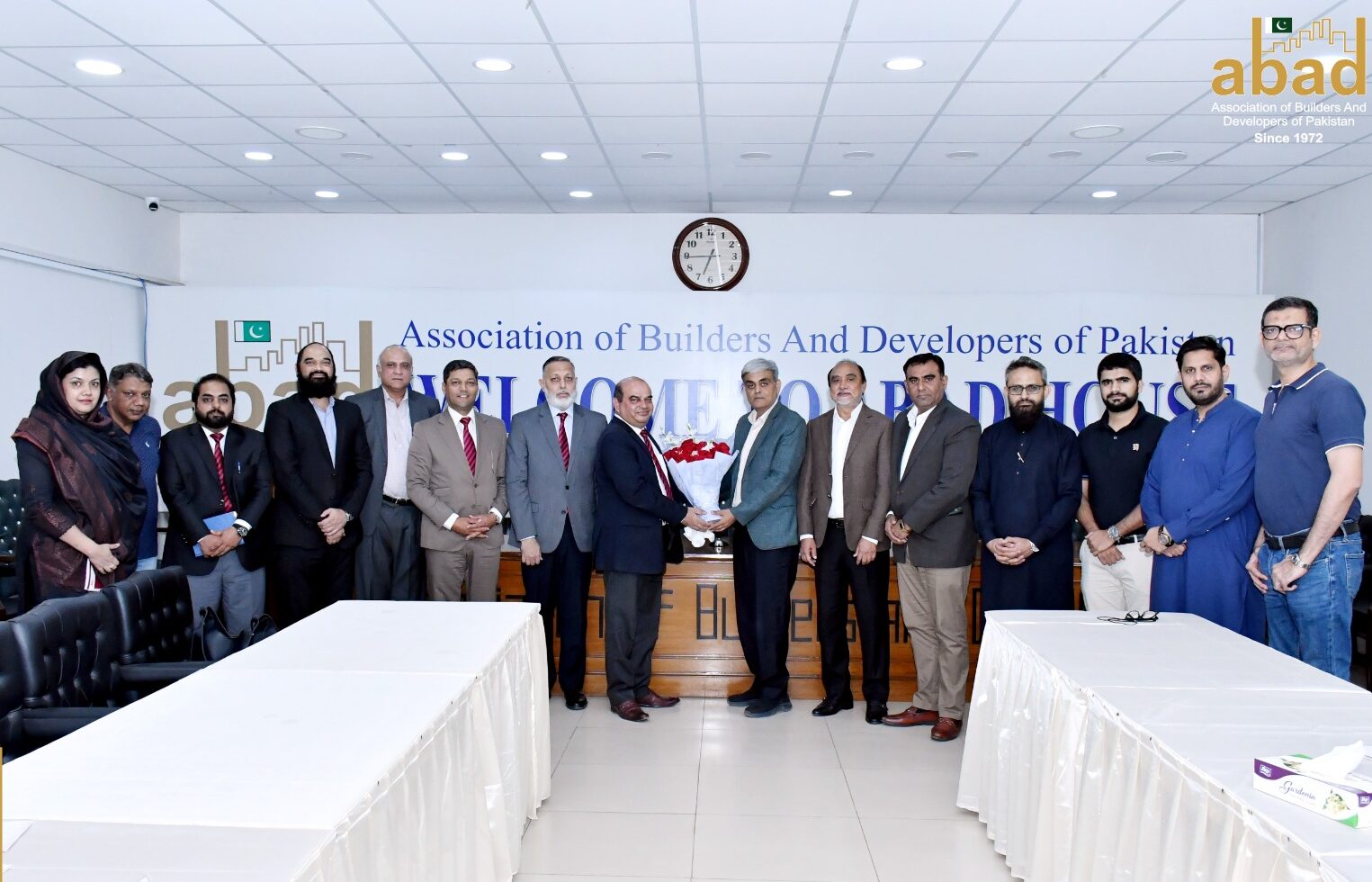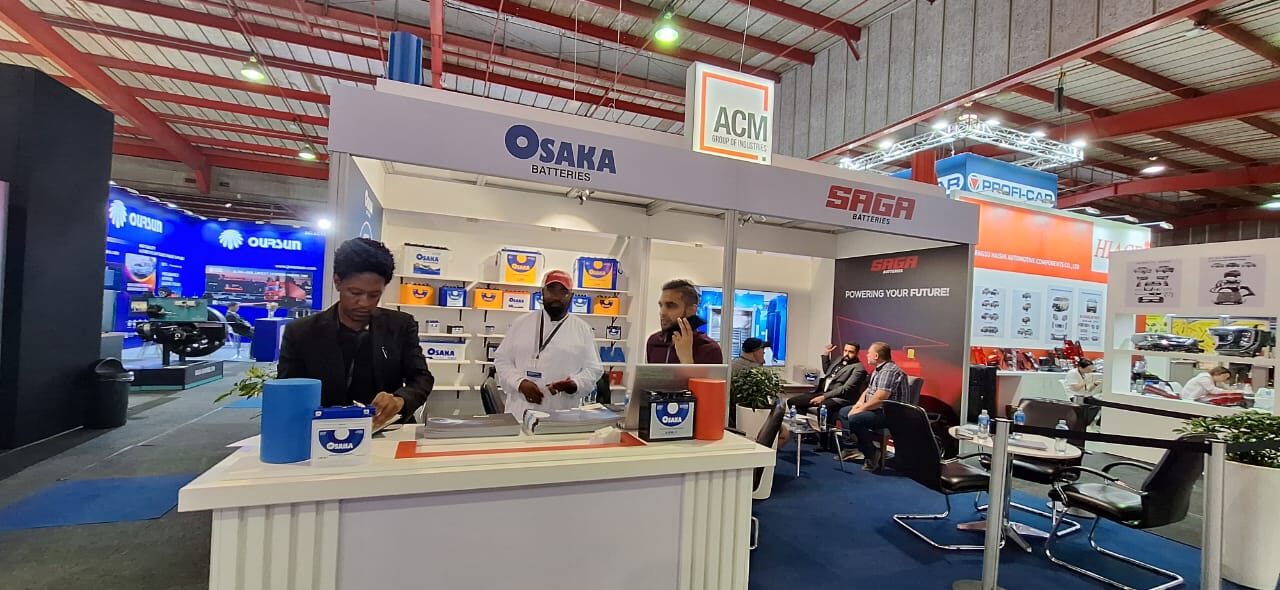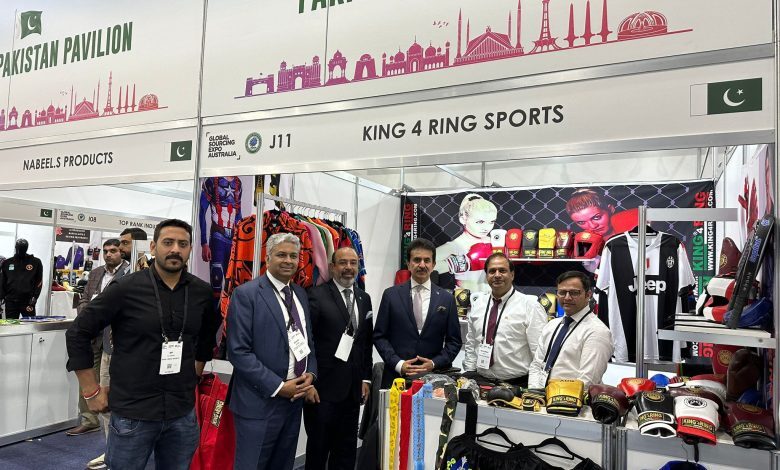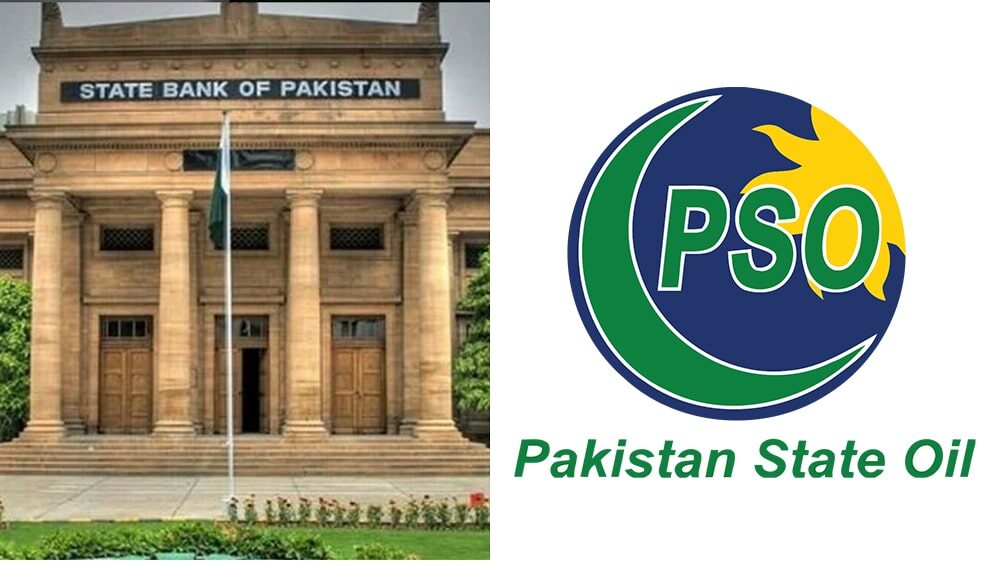Lahore, August 3, 2019: Facebook announced the expansion of its #SheMeansBusiness program in Pakistan, in partnership with the Lahore Women’s Chamber of Commerce, to provide women entrepreneurs with the tools, training, and resources that can help them secure funding and grow their businesses.
Beth Ann Lim, Head of Community Affairs Facebook, the Asia Pacific at the launch of the program in Lahore said “The flexibility offered by digital technologies is enabling a new generation of women entrepreneurs around the world to make positive contributions to their families and communities. However, women still face a number of obstacles such as a lack of funding and networks that can help them grow and scale With this partnership.”
She further said that “we want to nurture current and future generations of Pakistani women business leaders by providing access to a series of workshops and online learning tools,”
According to the Future of Business Report – a collaboration between Facebook, the World Bank, and the OECD, women business owners on Facebook in Pakistan still face significant funding challenges, with less than 1 in 5 stating that they currently have a bank loan or a line of credit. Of those surveyed, over 3 in 4 Pakistani women business owners on Facebook say that social media helps their business.
Faiza Amjad, President, WCCI, said online platforms such as Facebook have helped women entrepreneurs expand their businesses. “When women are successful in business, it drives social growth too: more women are employed, more diverse role models are created and there is stronger diversity. Successful female entrepreneurs invest in their communities and in educating children. Through our partnership with #shemeansbusiness, we will be able to help equip Pakistan’s women entrepreneurs with the knowledge, connections, skills, and technology required to build and grow their businesses online,” she said.
A range of those carried out by the Global Entrepreneurship Monitor, OECD, World Bank, and International Finance Corporation in conjunction with McKinsey reinforces the point that harnessing the economic potential of women can lead to release substantial socioeconomic gains potential. According to a recent study by the Clinton Global Initiative published on the United Nations Economic and Social Council site, when women work they invest 90 percent of their income back into their families, compared with 35 percent for men.
Run in collaboration with business leaders, civil society, NGOs and the public sector, #SheMeansBusiness is active in 21 countries around the world, including Pakistan, has trained more than 130,000 women in digital skills across the Asia Pacific, reached 130,000 online through the #SheMeansBusiness resource hub.


























































































































































































































































































